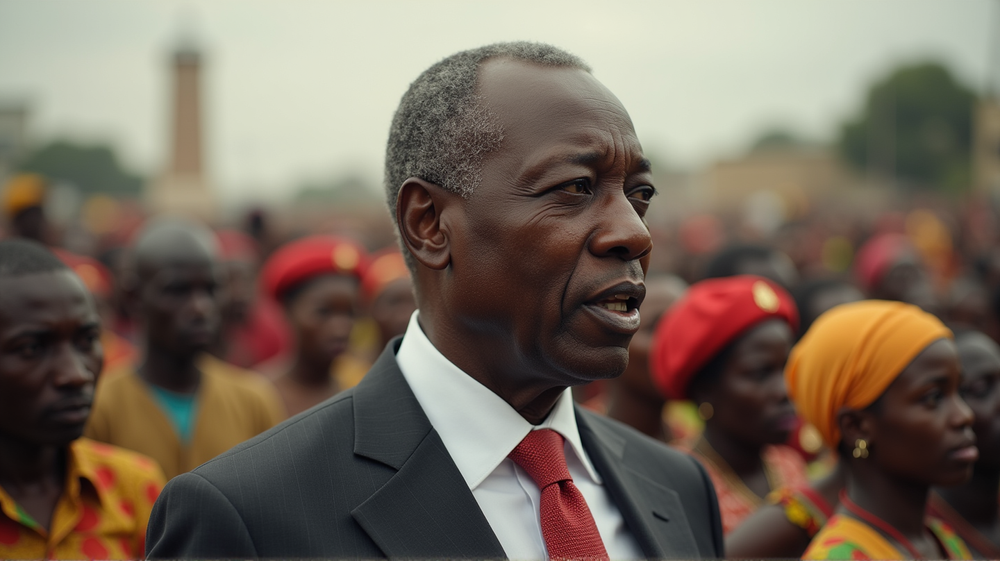A Nation at a Crossroads
In the heart of Central Africa, the people of Cameroon stand before a landmark decision as they head to the polls amidst significant political tensions. The election day unfolds under an air of anticipation and introspection, with the potential to alter the course of the nation’s leadership and future.
The Oldest Head of State Seeks a New Term
Paul Biya, the world’s oldest serving president, campaigns to further extend his leadership. Having first assumed the presidency in 1982 after the resignation of his predecessor, Biya has become a symbol of enduring political presence. If victorious, he will be closing in on 99 as he concludes his next term, raising questions about leadership transition and governance renewal.
Election Dynamics and Voter Outlook
Approximately 8 million Cameroonians, including a significant diaspora contingent, participate in this pivotal election. With over 31,000 polling stations ready, the youth-driven populace plays a crucial role in shaping the future political landscape. The polls are anticipated to provide results by late October, filling the air with speculation and hope.
Political Landscape and Rising Challenges
Biya faces significant competition from nine other candidates. Among them are political veterans with strong regional followings who promise change in areas like the marginalized Northern regions. Biya’s recent rally in Maroua promised change for the impoverished regions, highlighting ongoing socio-economic challenges.
The Weight of Internal Struggles
As the election unfolds, Cameroon navigates complex security issues. The nation is besieged by a violent secessionist war in the Anglophone regions and persistent threats from the Boko Haram insurgency in the north. The backdrop of these continuous conflicts paints a challenging picture for whoever emerges as the country’s leader.
The Future in Balance
With almost half of its population living under the poverty line, Cameroon is at a crucial point in its history. This election not only tests the longevity of its longest-serving president but also serves as a litmus test for Cameroon’s resilience and capacity for change.
As this chapter of Cameroon’s history writes itself, the world watches closely, with anticipation of what unfolds following these defining moments. According to WKMG, the international community eyes Cameroon, wondering if tradition will uphold or if a new political dawn is nigh.












